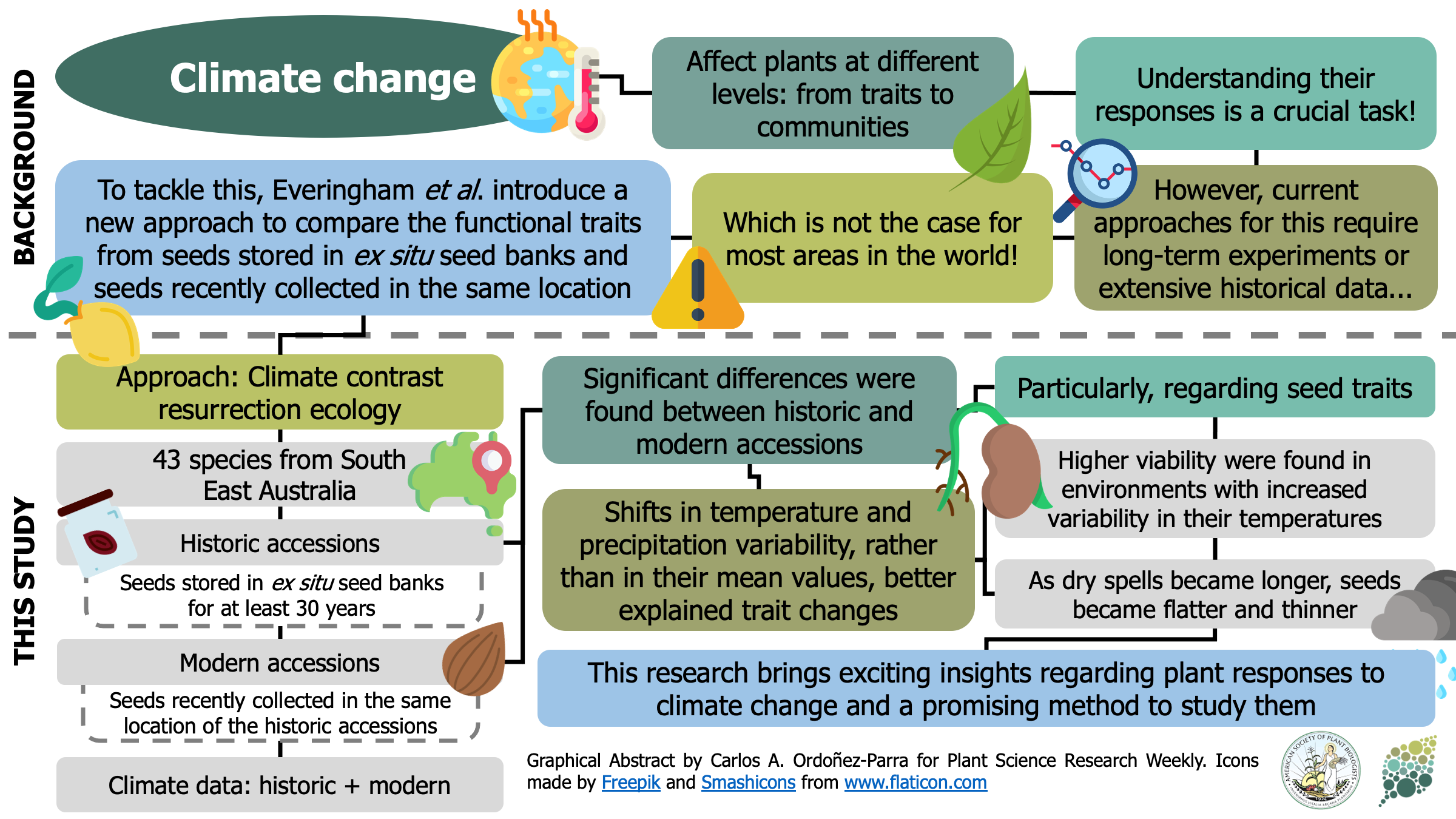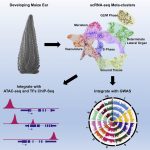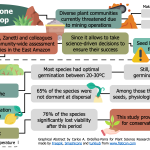Time travelling seeds reveal that plant regeneration and growth traits are responding to climate change (Ecology)

Increasing our understanding of how plants will respond to climate change is one of our most urgent challenges. However, most approaches require extensive historical records that are not available for most areas. In this paper, Everingham and colleagues compare the regeneration and growth traits of plants from seeds that have been stored in ex situ seed banks for several decades with those from seeds recently collected in the same location. Historical and modern accessions of 43 species from South Eastern Australia from different growth forms were used. Significant differences were found between current and historic plants in at least one trait, especially in those related to seeds. Interestingly, changes in mean temperature and mean precipitation were poor predictors of trait changes. Instead, shifts in the variability and range of temperature and precipitation regimes had higher predictive power. For instance, seed viability and germination percentage increased with temperature variability, and seeds became flatter and thinner as dry spells became longer. As a result, this fascinating research provides meaningful insights regarding the plant responses to climate change and a promising method to facilitate the study of plant responses in other parts of the world. (Summary by Carlos A. Ordóñez-Parra @caordonezparra) Ecology 10.1002/ecy.3272



